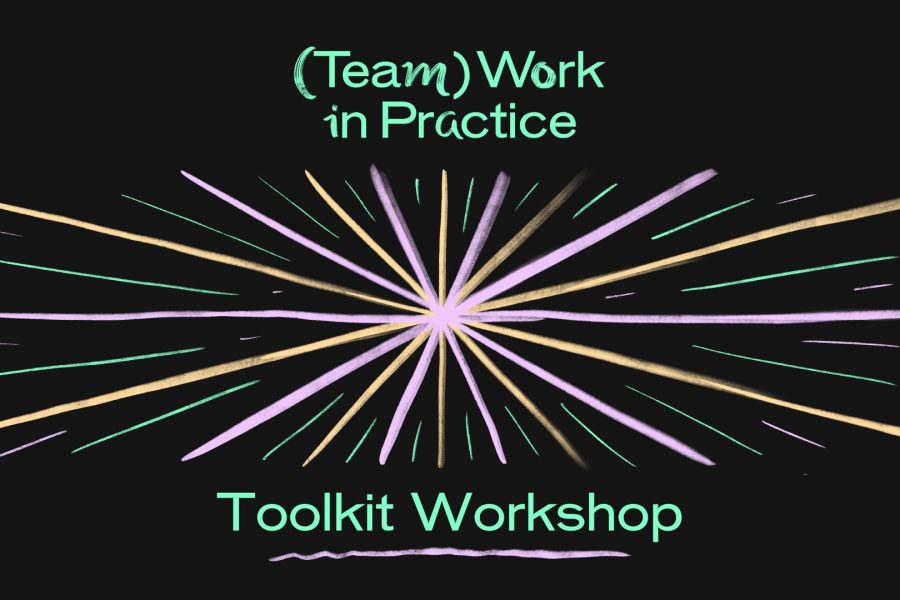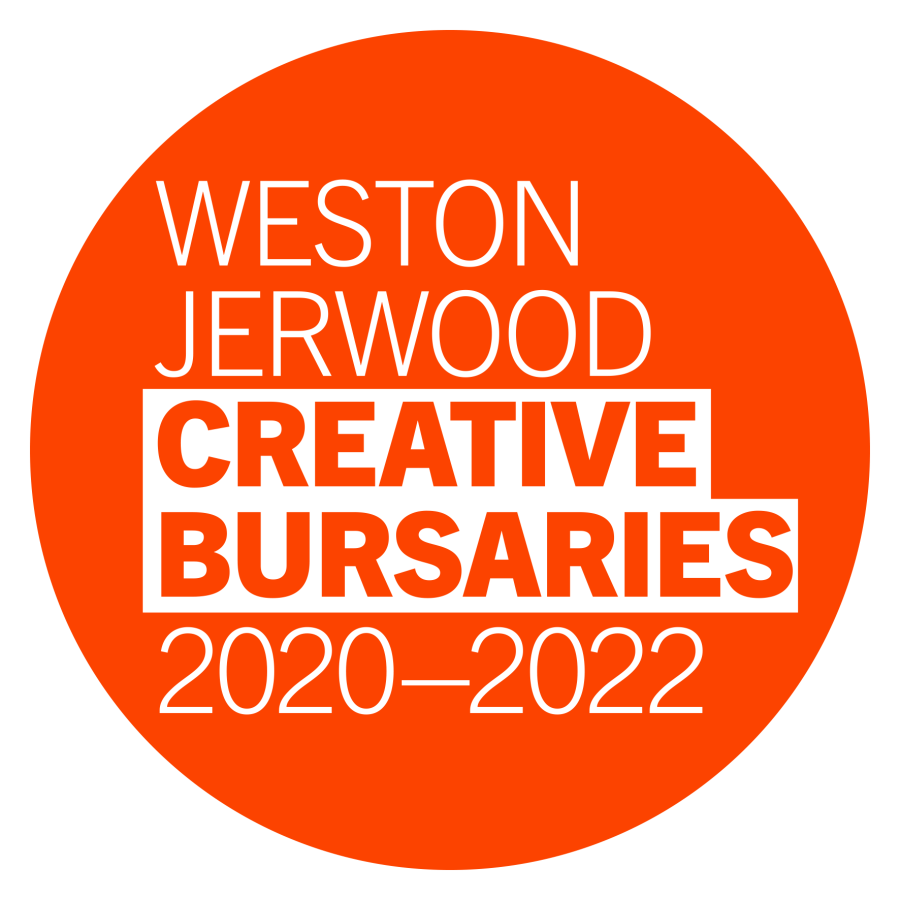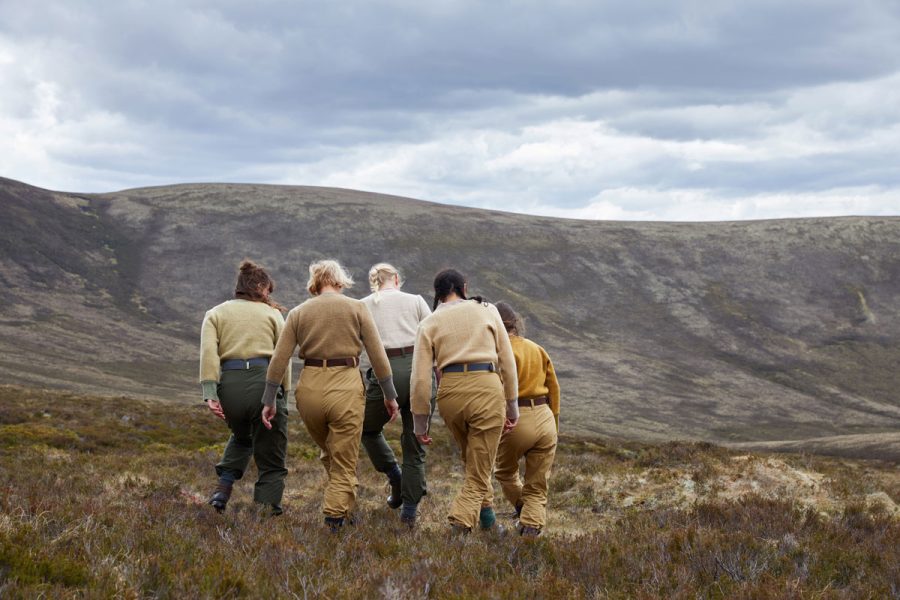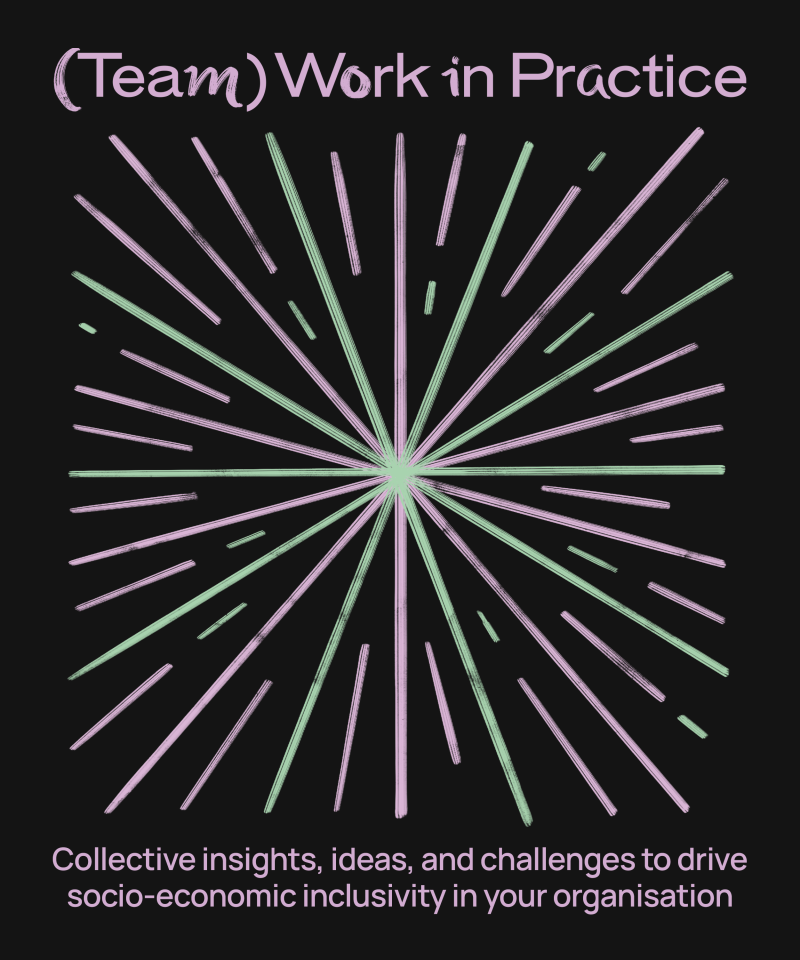Over 2020-2022, the Weston Jerwood Creative Bursaries (WJCB) programme supported 50 salaried jobs in arts and cultural organisations across the UK, for individuals from working class/low socio-economic backgrounds. This new Toolkit has been created using the insight and experience of the Fellows and Alumni of this programme to create actionable ideas for cultural leaders to drive inclusivity in their organisations.
(Team) Work in Practice invites arts and cultural organisations to listen to the voices of people from low socio-economic backgrounds, and take to heart their expertise on how to create a more inclusive working environment.
“It’s really easy for organisations to assume that they need to shake everything up overnight to show that they’re progressing, but actually, those of us that need these places to progress know how long it takes. Everyone is aware of the fact that change doesn’t happen overnight, and there’s nothing wrong with that. Persistent change and actual beneficial change take a while because foundations have to be laid.” WJCB Fellow, quoted in the Toolkit.
The Toolkit was launched by six new Toolkit Associates (all alumni of WJCB) at a national event at Sadler’s Wells in London on 7 March 2023. They were joined by voices from across the cultural sector, including Sir Alistair Spalding CBE, Hilary Carty OBE and Baroness Bull CBE for panel discussions and a workshop. The event connected peers and sector leaders with inspiring stories of organisational change by guest speakers and Host organisations from WJCB.
Professor Dave O’Brien from the University of Sheffield presented a new paper From social mobility to social justice: reflections on Weston Jerwood Creative Bursaries 2020-2022, underlining the policy shift from focusing on individual’s social mobility to making organisations welcoming for all, in line with the values of the WJCB programme.
Lilli Geissendorfer, Director of Jerwood Arts, said:
“All the suggested actions in this Toolkit arise directly from Fellows and Alumni of the Weston Jerwood Creative Bursaries programme: it is full of their words and expertise. Responding to the ambitions of the 2020-22 Fellows encouraged us to work with them to design a resource that could articulate in real-life detail what ‘inclusivity’ does and doesn’t look like up close, day to day, throughout their journey in an organisation. It’s easy to say, ‘there is no one-size-fits-all approach’, but what that means in practice is much harder to describe. Our hope is that people working in arts organisations across the UK will dip into the Toolkit and use it as a starting point for wider reflection and discussion on what inclusivity could look like within their own context.”
Jodie Cole, Toolkit Associate, said:
“The Toolkit is important as it has given me the gift of standing tall and speaking the truth to serve progress in an elitist sector. This has developed my leadership skills, impacted my work opportunities, and it leaves a legacy for the working-class creatives that come after me. To discuss the Toolkit with us, and listen to how we think you can make change, and we can all move forwards together, is a significant moment.”
Following the launch of (Team) Work in Practice, booking is now open for workshops online and across the UK for people in the arts and cultural sector to put the ideas of the Toolkit into practice. In-person workshop venues will include Theatre Royal Plymouth, Derby Theatre, and The British Library, with more details on our What’s On page.
The full Toolkit is now available as a downloadable PDF, large print, audio recording, and easy read summary. All of these are available in both English and Welsh. You can also access the Toolkit as an interactive webpage.




